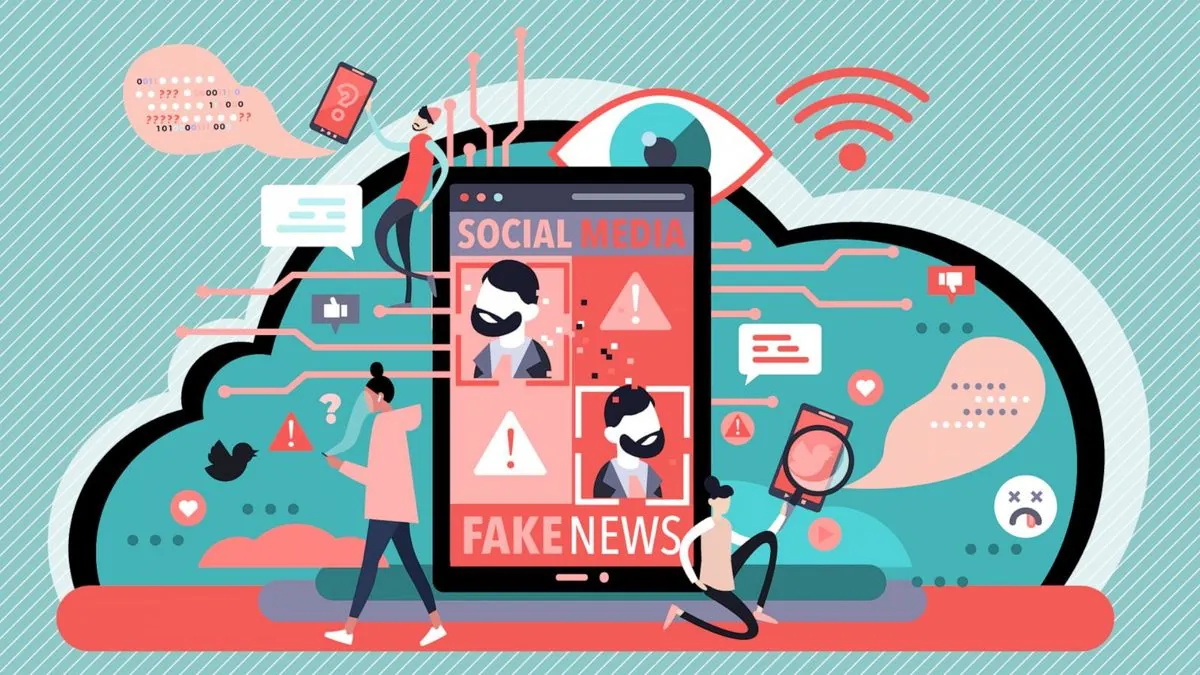The political landscape changed big-time when Oxford picked “post-truth“ as its top word back in 16ʼ (right after Brexit win and Donald Trumpʼs victory)
Eight years later this post-truth world keeps growing: conspiracy ideas - not winners names shape todays elections. After Trump didnt win in 2020 he started whats now known as the “big lie“; many of his fans joined in refusing to accept real results
Current voters deal with way more false-claims than just election stuff: theres lots of weird stories going around. Here are some popular made-up ideas floating around:
- Claims about Dems bringing in immigrants for votes and replacing white people
- Stories about U.S intel planning to hurt Trump supporters after next election
- Tales of people eating pets in small-town Ohio
- Ideas about rich folks controlling hurricane paths
- Gossip about Trumpʼs TV interview clothes choices
These fake-stories spread fast on social-media and through word-of-mouth making it hard for regular people to know whats true anymore (especially with elections coming up soon). The mix of social networks quick-sharing and peoples trust in online info creates perfect conditions for false-news to spread
